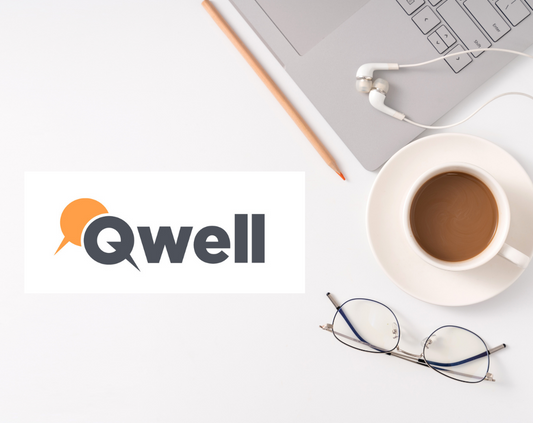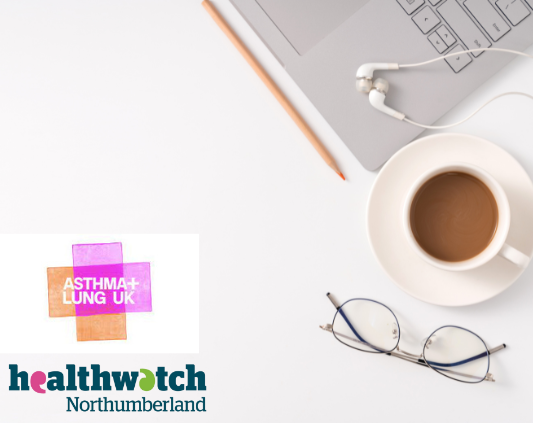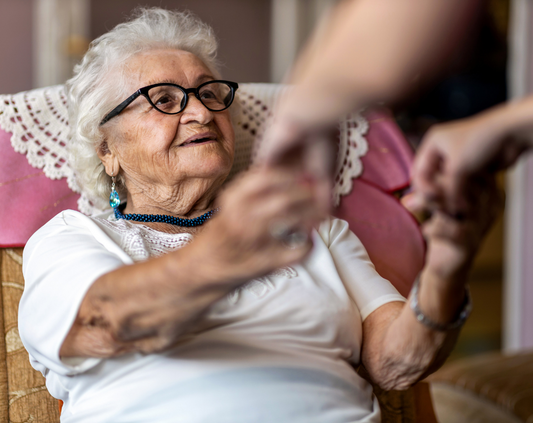Healthwatch England has published new findings, which show services are failing in their legal duty to provide accessible information for people with physical and learning disabilities.
As part of the Your Care, Your Way campaign, between March and May 2022, an online survey was carried out which heard from 605 people affected by communications challenges.
People being refused communication support
One in four respondents (28%) – including deaf, blind and people with learning disabilities – said they had been refused help when requesting support to understand information about their healthcare. This included information being provided in formats such as Braille, British Sign Language and Easy Read.
Not being given information in the right format affected people’s mental health and wellbeing (38%), meant they missed out on important information about their health (29%) or meant that they could not contact a service they needed (27%).
Respondents also reported that the quality of communication from NHS and social care services had worsened over the last two years. Two-thirds (67%) felt that the way health and care services communicate with them had gotten worse or slightly worse over the course of the pandemic.
Impact on people who have mental health conditions
It is not just people with sensory impairments or learning disabilities who are affected by this issue.
A fifth (22%) of those who reached out to Healthwatch to share their experiences identified themselves as having a mental health condition, such as depression or anxiety.
Of these people, 35% reported they rarely or never get the support they need to understand healthcare information or communicate with staff. The majority of them (70%) also said that the lack of information in a format they could understand further impacted their mental health and wellbeing.
Why we need better Accessible Information Standard
The findings come as NHS England (NHSE) is conducting a review of the Accessible Information Standard (AIS). The Government created this legal requirement in 2016 to ensure all publicly funded health and social care providers meet the information and communication needs of people who are deaf, blind or have a learning disability. Publication of this review is expected later in the year, with updates to be implemented by April 2023.
Earlier this year, Healthwatch England uncovered that many health and social care providers significantly failed their duty to ask about people’s communication needs and then act on this information.
They joined forces with leading disability organisations, including RNIB, RNID, Mencap and SignHealth, to inform the long-awaited review of the AIS. The coalition called on NHSE to take on board their recommendations, including stronger accountability across services to protect people’s rights to accessible information.
Louise Ansari, national director at Healthwatch England said:
“Our findings are a stark reminder that some of the most vulnerable people in our society are still excluded from access to healthcare because they communicate in British Sign Language or they need information in visual formats. And this is despite the fact that their rights to accessible information are protected in law.
“People’s right to accessible information should be based on their communication needs, not just on a diagnosed disability. For instance, people who have a mental health condition or are waiting for a diagnosis should have a right to request communication support in the same way as people who have a sensory loss or a learning disability.
“If people cannot get information about their healthcare they understand, this can have a significant impact on their mental health and can lead to them missing doctor’s appointments or taking the wrong medication, putting them in danger.
“As we are waiting for the review of the Accessible Information Standard, we strongly advise that NHSE and the newly created 42 integrated care systems ensure equitable access to healthcare for everyone.”
Find out more about the results of the accessible information survey
Get in touch
If you would like to tell us about your experience of accessing health and social care services in the last 12 months please get in touch.











